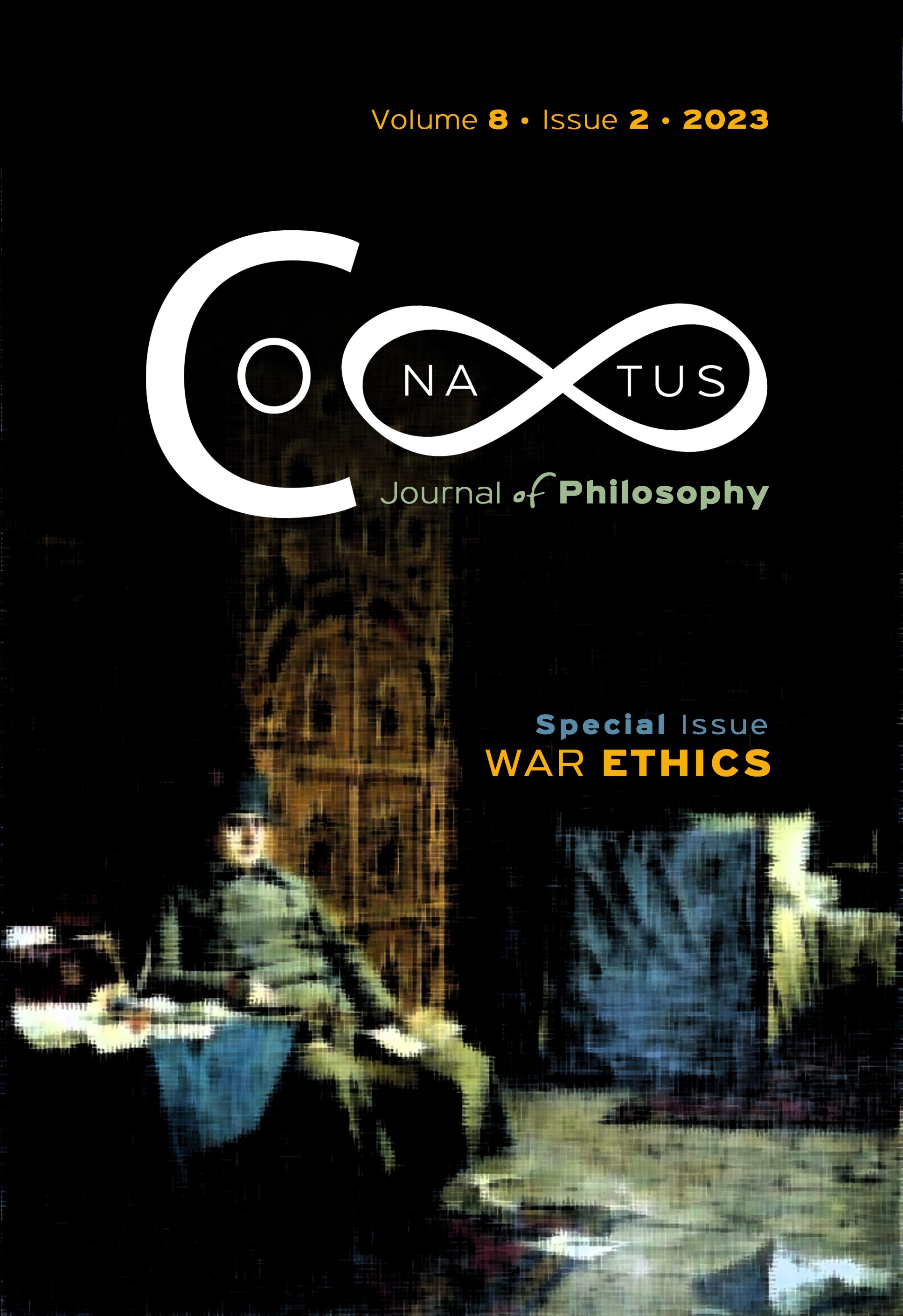A ‘Just Cause’ or ‘Just A Cause’: Perils of the Zero-sum Model of Moral Responsibility for War

Abstract
In this paper the author aims to explain the consequences of the implicit application of the zero-sum game model of distribution of moral responsibility for war, i.e., for causing war, within the context of the dominant perspective of modern-day ethics of war – Just War Theory. The main criterion of the jus ad bellum concept of Just War Theory, “just cause,” recognizes the possibility of only one “cause” of war, and every attempt to further analyze and investigate deeper causes of war is automatically perceived through the zero-sum lens, as an attempt to justify or excuse the unjust side in war. No such thing happens when analyzing other, extremely morally troubling and disturbing phenomena as we invest significant effort into attempting to explain evil without this effort ever being understood as a justification attempt. The author demonstrates how the described approach in Just War Theory prevents us from fully understanding war, and thus implicitly from how to normatively prescribe human actions in and regarding war. The author also asserts that this perspective actually represents a presupposition concerning the possibility of justness of war. The author concludes that, in order to fully understand war and properly morally evaluate it, ethics of war must adopt a non-zero-sum model of distribution of moral responsibility and acknowledge the existence of a wide variety of causes of war.
Article Details
- How to Cite
-
Stanar, D. (2023). A ‘Just Cause’ or ‘Just A Cause’: Perils of the Zero-sum Model of Moral Responsibility for War. Conatus - Journal of Philosophy, 8(2), 613–628. https://doi.org/10.12681/cjp.34553
- Section
- Articles
- Categories

This work is licensed under a Creative Commons Attribution-NonCommercial 4.0 International License.
Authors who publish with this journal agree to the following terms:
Authors retain copyright and grant the journal right of first publication with the work simultaneously licensed under a Creative Commons Attribution Non-Commercial International License (CC BY-NC 4.0) that allows others to share the work with an acknowledgement of the work's authorship and initial publication in this journal.
Authors are able to enter into separate, additional contractual arrangements for the non-exclusive distribution of the journal's published version of the work (e.g. post it to an institutional repository or publish it in a book), with an acknowledgement of its initial publication in this journal.
Authors are permitted and encouraged to post their work online (preferably in institutional repositories or on their website) prior to and during the submission process, as it can lead to productive exchanges, as well as earlier and greater citation of published work.





